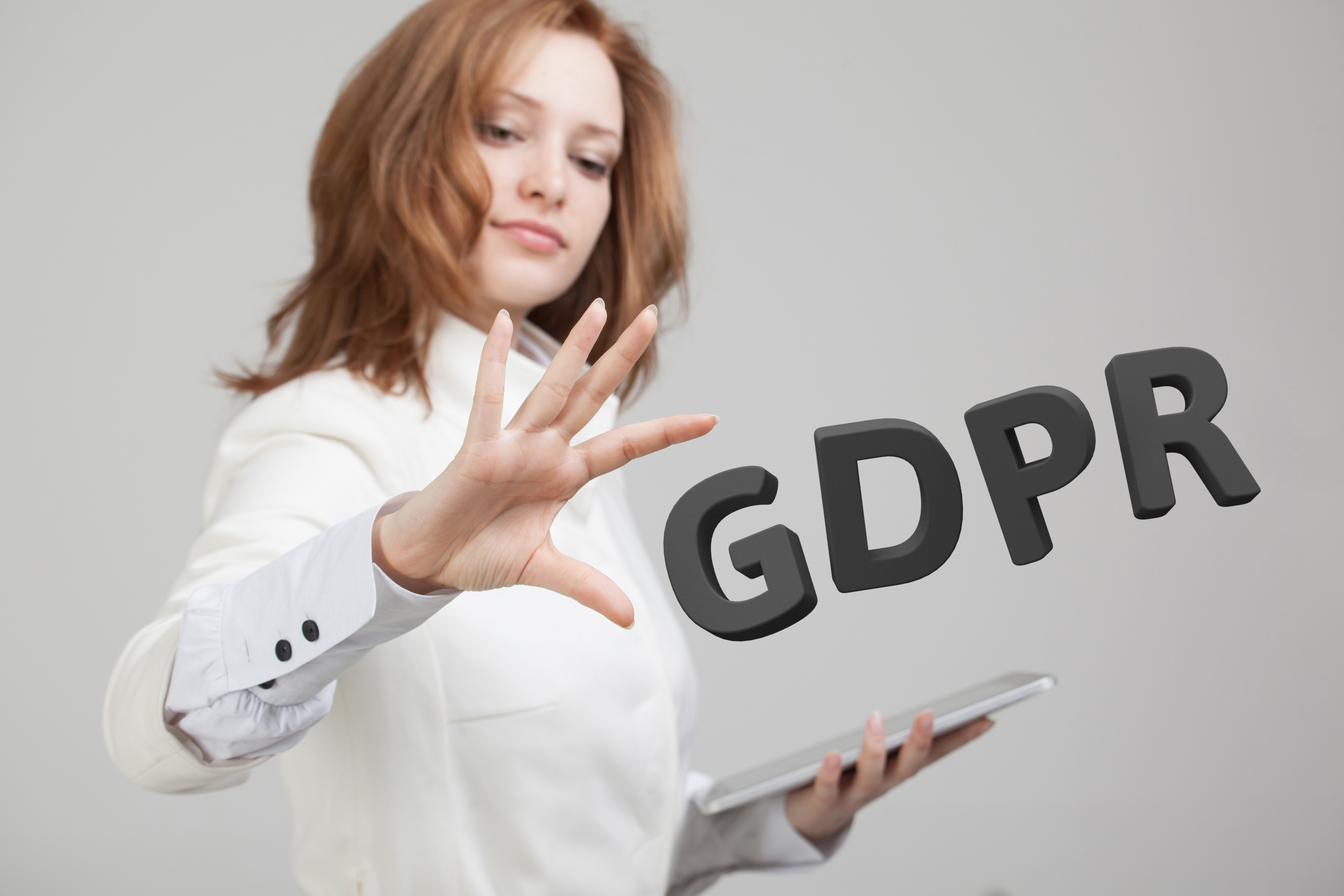GDPR for Small Businesses: What You Need to Know
As a small business owner, you will have heard about the General Data Protection Regulation (GDPR) but perhaps you aren’t quite sure what it means for your company. The GDPR is a set of data protection rules designed to give individuals more control over their personal information and ensure that organisations handle that information responsibly.
While the GDPR was introduced in the European Union, it applies to any business that collects or processes the personal information of people based in the EU or UK, regardless of where the business is located. This means that even small businesses operating outside of the EU or UK need to comply with the GDPR if they have customers or employees who are based in the EU/UK.
So, what does GDPR compliance mean for small businesses? Here are some key points to understand:
- Individual’s Rights
An individual whose personal information you are collecting has certain rights, these include understanding how you are planning to use their personal information, who it will be shared with, the ability to refuse marketing and to also obtain a copy of the information you hold about them. The Organisation must have procedures in place to handle these requests effectively.
- Lawful Processing
Under the GDPR, you need a valid legal basis for collecting and processing personal data. There are six lawful bases, including consent from the individual, a contractual obligation, or a legitimate business interest. Each lawful basis has conditions that you must meet for the lawful basis to apply. For example, if you are basing your processing on consent, you must be able to evidence that consent has been provided.
- Security Measures
The GDPR requires you to implement appropriate technical (includes things such as password, encryption etc) and organisational measures (such as having a process in place to evaluate supplier before you share personal information with them) to protect personal information from unauthorised access, accidental loss, or destruction.
- Data Breach Notifications
If a data breach occurs that poses a risk to individuals’ rights and freedoms, you must notify the relevant supervisory authority within 72 hours and, in certain cases, inform the affected individuals. For lesser breaches, there should be an internal breach register where incidents are recorded. - Marketing
There are rules around how marketing messages such as emails, texts and even communications sent via the post, have to be structured and the information that has to be included. This usually relates to the ways in which an individual agrees to and stops marketing messages.
While the GDPR may seem daunting, it’s essential for small businesses to take data protection seriously. Not only does non-compliance risk hefty fines (up to €20 million or 4% of your annual global turnover, whichever is higher), but it can also damage your reputation and erode customer trust.
Implementing GDPR compliance measures can be a challenging process, especially for small businesses with limited resources. However, it’s an investment that can pay off in the long run by demonstrating your commitment to protecting customer data and building trust.
If you’re unsure where to start with GDPR compliance, seek expert guidance or consider using tools and resources specifically designed for small businesses. Taking proactive steps to safeguard personal information not only helps you meet legal obligations but also sets you apart as a responsible and trustworthy business.
Remember, GDPR compliance is an ongoing process, not a one-time task. By making data protection a priority, you can future-proof your small business and foster a culture of accountability and transparency. If you need some help to get started we have some free resources which you can access here or if you would like a free checklist, contact us here and we’ll get you one sent across.
